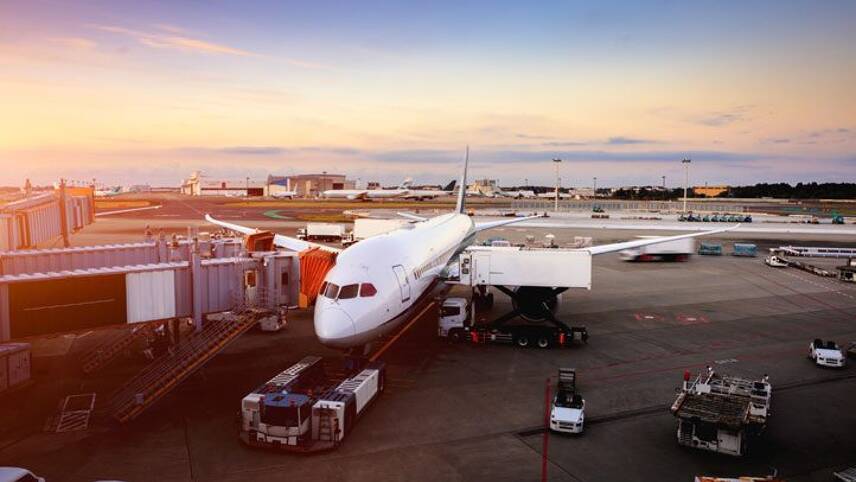Register for free and continue reading
Join our growing army of changemakers and get unlimited access to our premium content

The companies have procured more than 850,000 gallons of SAFs
The companies are working together through the Sustainable Aviation Buyers Alliance (SABA) to collaboratively scale access to SAFs to help reduce emissions from flights.
The businesses believe that the SAFs can act as a suitable drop-in fuel for aviation. Currently, SAF makes up less than 0.1% of the global jet fuel supply and sells at a significant premium to fossil jet fuel.
The SABA members have today (5 April) agreed to purchase SAF certificates linked to 850,000 gallons of alternative fuels produced by World Energy. The company claims the SAFs offer lifecycle emissions that are 84% lower compared to conventional jet fuel. The SAFs will be used to fuel JetBlue flights later this year.
“SAF is the most meaningful way we have to decarbonize the aviation industry, but it will take many stakeholders working together to bring the supply and cost of SAF where we need to meet our net zero goals,” JetBlue’s director of sustainability Sara Bogdan said.
“We’re incredibly proud of the SAF commitments we’ve already made as an organisation, but the collaboration and investment by businesses like those within SABA are what will supercharge our transition to SAF by allowing us to increase our offtake while also supporting those businesses’ own sustainability goals.”
SABA launched in April 2021 and is being operated by the Environmental Defence Fund and Rocky Mountain Institute, with support for the Climate Group, best known for schemes such as RE100 and EV100.
The aims of the alliance are multiple but are all designed to accelerate decarbonisation in aviation. SABA will unify the voices of buyers and potential buyers, encouraging governments and fuel producers to support increased production of low-carbon kerosene alternatives. It will also help members with technical information on topics such as fuel specifications, policy requirements and emissions accounting, while developing a pathway to make SAF investments simpler.
ENGIE Impact Americas led the competitive bid process.
Forms of SAF expected to be supported include bio-based fuels, waste-derived fuels and hydrogen. Boeing, one of the inaugural members, is notably planning to debut commercial aircraft capable of using 100% biofuel by 2030. Commercial planes at present can only use blends of up to 50%.
SAF has been backed by a string of airlines, investors, fuel producers and policymakers. In 2020, members of the UK Sustainable Aviation pledged to achieve net-zero carbon emissions in the sector by 2050, to assist with the UK’s overall net-zero strategy.
A roadmap to accompany the launch suggests the sector believes it can accommodate a 70% increase in passengers by 2050 while reducing carbon emissions from more than 30 million tonnes a year to net-zero. New aircraft and engine technology and smarter flight operations have been heralded as some of the solutions to support the transition.


Please login or Register to leave a comment.